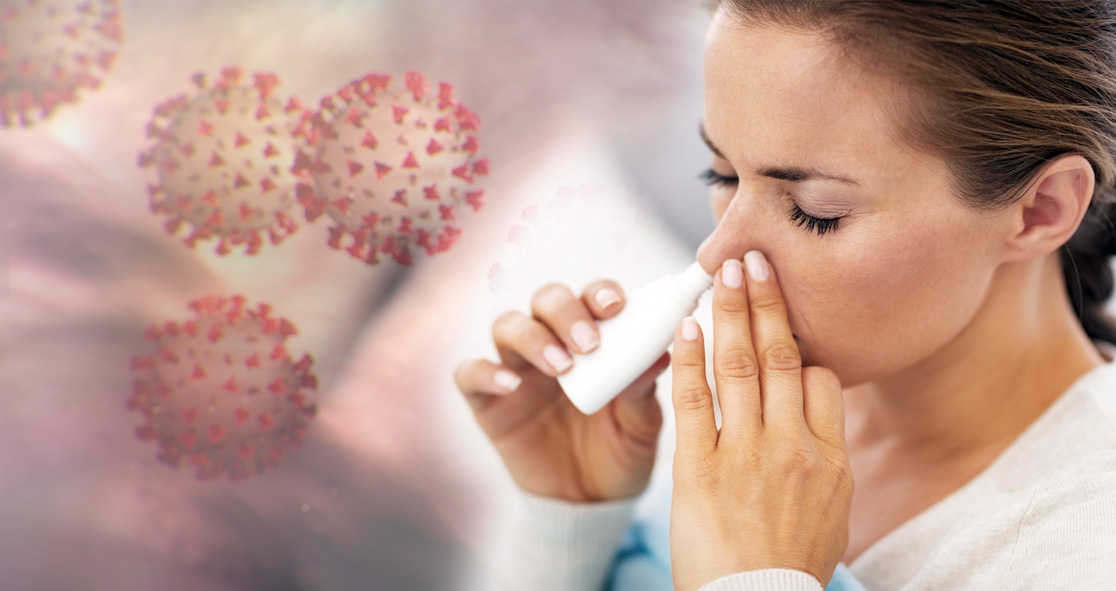Researchers from the University of Pennsylvania and Regeneron, a NY-based biotechnology company, are investigating whether technology developed for genetic therapy can be used to make a nasal spray that can help prevent COVID-19, the infection caused by the new coronavirus.
They explained that the whole idea is to introduce a weakened virus through the nose and throat so it can carry genetic instructions to cells, thereby creating powerful antibodies to stop the virus from invading the body.
Lead author Prof. James Wilson said, “The advantage of our approach is that you don’t need a competent immune system for this to be effective.”
The novel technology is undergoing testing in animals and Prof. Wilson believes that, if found successful, the technology could offer people with at least six months of immunity against the new coronavirus just from a single dose of a nasal spray. This could further complement vaccines that are expected to get FDA approval soon.
Prof. Wilson, who is the director of the Gene Therapy Program, has been delivering genetic code into a patient’s cells to correct health defects and treat diseases.
He and his team discovered that the Adeno-Associated Virus (AAV) group of viruses can be orchestrated to ferry healthy DNA into cells. Adenovirus infects both humans and other primates but isn’t known to cause disease.
This new approach led in 2019 to the approval of Zolgensma (onasemnogene abeparvovec-xioi), the first gene therapy for the treatment of spinal muscular atrophy.
Earlier this year, the federal government approached Prof. Wilson to see if he and his lab could use the technology against the novel coronavirus.
However, it was not until Regeneron developed two antibodies against COVID-19, which bind to a surface protein of the virus and stop it from entering the cells, that Prof. Wilson could move ahead.
The antibody therapies developed by Regeneron are currently in a clinical trial but have recently received FDA’s emergency approval for patients with mild or moderate COVID-19 infection, especially those who are at a high risk of developing severe illness. President Donald Trump also received Regeneron’s antibodies after receiving the COVID-19 diagnosis.
Scientists have been hoping that squirting the nasal spray could help hijack nasal epithelial cells’ protein-making machinery so they make Regeneron’s antibodies.
The coronavirus invades the lungs through the nasal passage so the spray could stop the infection in the nasal passage itself. The researchers hope to complete their preclinical studies by January, before submitting an application to the FDA for human trials.























